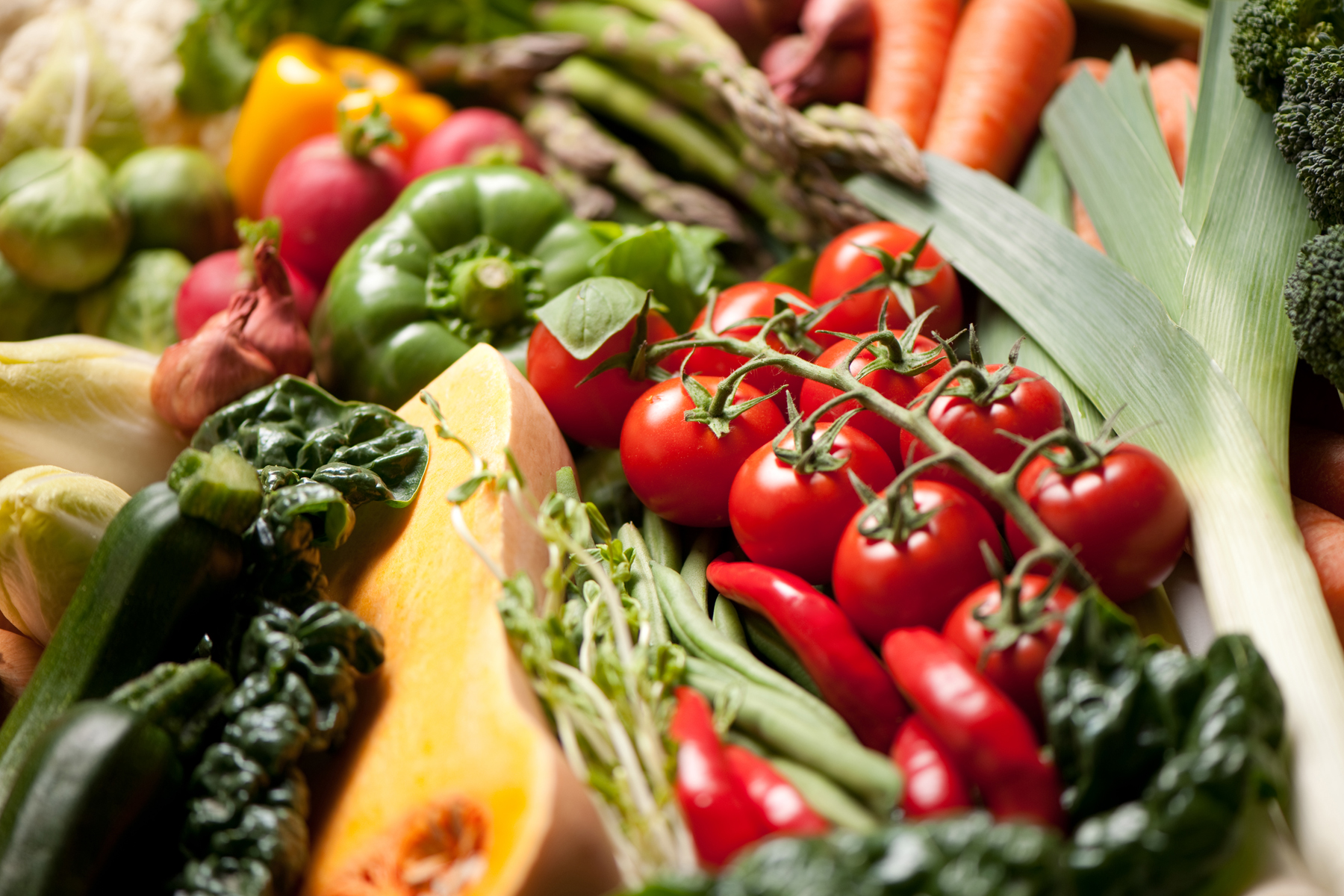
Your Guide to the Safe Foods for Canadian LicenceOn January 15, 2019, the Safe Foods for Canadian Regulations came into force.
Intended to guarantee foods safety as the proportion of imported food in Canada increases and supply chains become more complex, the SFCRs govern the import, export and inter-provincial trade of food for human consumption.
The SFCR also introduced the Safe Foods for Canadians Licence, which was immediately required to import certain foods.
Since 2019, more categories of foodstuffs have been gradually added to the requirement to have a licence. As of November 2022, all foods imported into Canada will be required to have a valid SFC number issued to their importer.
The Safe Foods for Canadians Licence is issued and administered by the Canadian Food Inspection Agency (CFIA).
The stated goal of the Safe Foods for Canadian Licence program is to: “Authorize persons to conduct certain activities through licensing; identify food businesses, collect information about the activities of food businesses; and take responsive action when non-compliant activities are found.“
The first foods that required a Safe Foods for Canadians Licence (SFCL) were fresh produce, meat and dairy products. Since then, the requirement has gradually been expanded, first to fresh foods and items that are not heavily processed, and more recently to more processed foods and beverages.
As mentioned above, this November will see the licence requirement extended to all foods intended for human consumption. If you import food into Canada, you will need to have a licence in place before November 1. The licence must be issued before the date that your goods are shipped to Canada. If you have not yet applied for a licence, you can apply online here.
The full Safe Foods for Canadian Regulations are available online. Additionally, a handbook to understanding the Safe Foods for Canadians Regulations is also available.
By Robin Smith, M.A., CCS
– Robin is a trade industry professional based in Victoria, BC.
On January 15, 2019, the Safe Foods for Canadian Regulations came into force.
Intended to guarantee foods safety as the proportion of imported food in Canada increases and supply chains become more complex, the SFCRs govern the import, export and inter-provincial trade of food for human consumption.
The SFCR also introduced the Safe Foods for Canadians Licence, which was immediately required to import certain foods.
Since 2019, more categories of foodstuffs have been gradually added to the requirement to have a licence. As of November 2022, all foods imported into Canada will be required to have a valid SFC number issued to their importer.
The Safe Foods for Canadians Licence is issued and administered by the Canadian Food Inspection Agency (CFIA).
The stated goal of the Safe Foods for Canadian Licence program is to: “Authorize persons to conduct certain activities through licensing; identify food businesses, collect information about the activities of food businesses; and take responsive action when non-compliant activities are found.“
The first foods that required a Safe Foods for Canadians Licence (SFCL) were fresh produce, meat and dairy products. Since then, the requirement has gradually been expanded, first to fresh foods and items that are not heavily processed, and more recently to more processed foods and beverages.
As mentioned above, this November will see the licence requirement extended to all foods intended for human consumption. If you import food into Canada, you will need to have a licence in place before November 1. The licence must be issued before the date that your goods are shipped to Canada. If you have not yet applied for a licence, you can apply online here.
The full Safe Foods for Canadian Regulations are available online. Additionally, a handbook to understanding the Safe Foods for Canadians Regulations is also available.
By Robin Smith, M.A., CCS
– Robin is a trade industry professional based in Victoria, BC.



